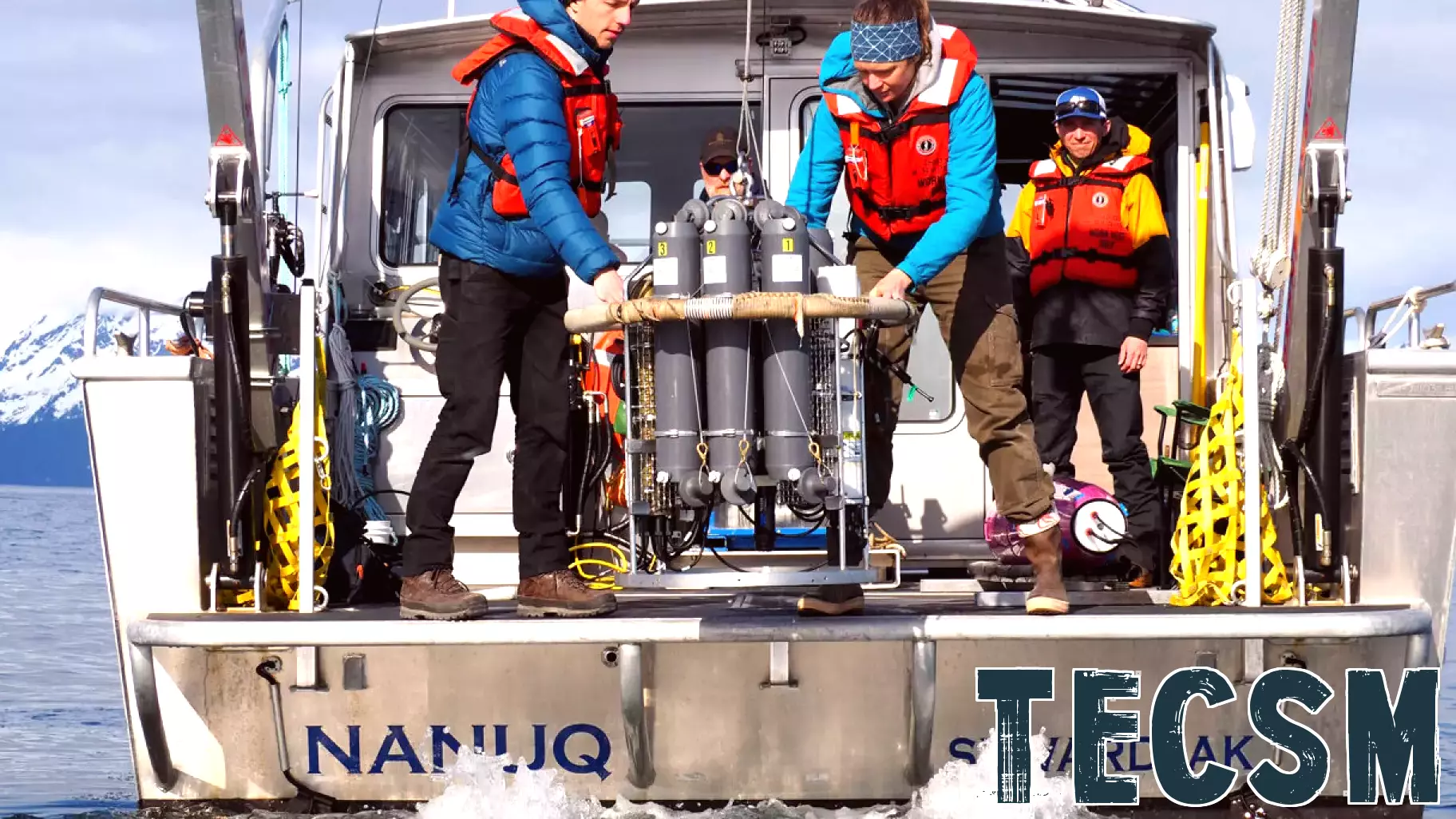Advancements in Seaglider Technology for Carbon Dioxide Measurement
November 27, 2024 - 06:02

Scientists around the world rely on ocean monitoring tools to measure the effects of climate change. Researchers at the University of Alaska Fairbanks and their industry partners have advanced the technology behind Seagliders, autonomous underwater vehicles designed to collect data on ocean conditions and carbon dioxide levels.
This enhanced Seaglider technology allows for more precise measurements, contributing to a better understanding of how oceans absorb carbon dioxide and the implications for global climate patterns. The improvements include upgraded sensors and increased operational capabilities, enabling the gliders to traverse greater distances and depths.
As climate change continues to pose significant challenges, the ability to monitor and analyze oceanic carbon dioxide levels is crucial. This development not only aids scientific research but also supports efforts to mitigate the impacts of climate change on marine ecosystems and global weather systems.
MORE NEWS

March 2, 2026 - 10:58
A Look At GigaCloud Technology (GCT) Valuation After Record Results And New Buyback ProgramGigaCloud Technology (GCT) has captured significant market interest following the release of its outstanding fourth-quarter and full-year 2025 financial results. The company announced...

March 1, 2026 - 18:14
Gibran Jones discusses technology’s role in the future of workAs artificial intelligence continues to reshape industries, workplaces, and public conversations, a leading voice urges a focus on its collaborative potential. According to digital strategist and...

March 1, 2026 - 02:48
Brown And Brown Taps Dori Henderson To Drive Technology And AI ShiftBrown & Brown has named Dorothea `Dori` Henderson as its Chief Information Technology Officer, a strategic hire aimed at accelerating the firm`s technological evolution. Henderson will be directly...

February 28, 2026 - 23:34
OpenAI strikes deal with Pentagon to use tech in ‘classified network’In a significant policy shift, OpenAI has announced a new collaboration with the U.S. Department of Defense, including work on its classified networks. The artificial intelligence company, known...